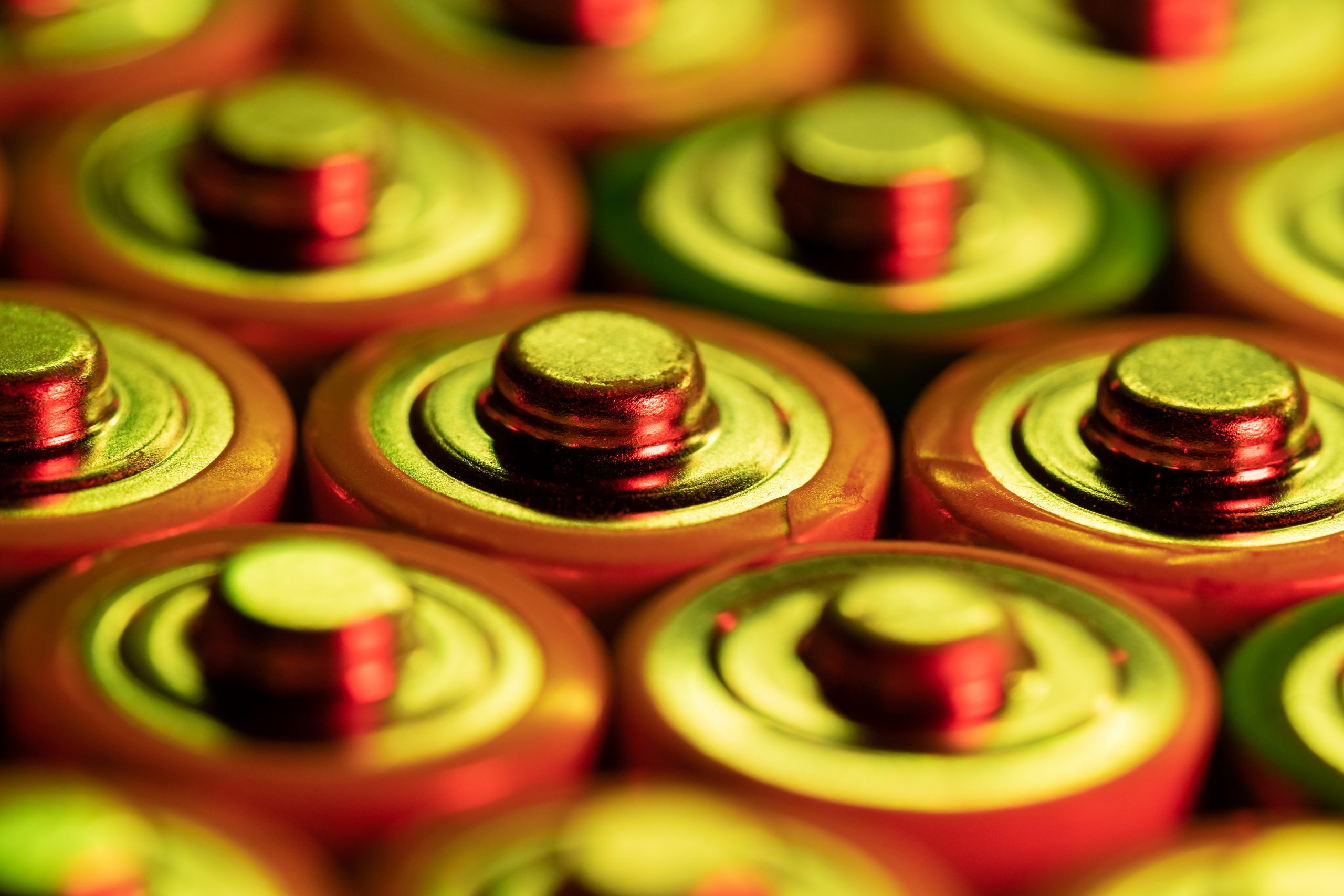7. Chemical-Based Fire Suppression: Enhancing Extinguishing Power
Chemical-based fire suppression systems offer advanced capabilities in extinguishing fires by leveraging the unique properties of specific extinguishing agents. These systems go beyond traditional water-based approaches and provide targeted and effective solutions for different types of fires. Let’s explore the benefits and applications of chemical-based fire suppression:
1. Versatility:
Chemical-based fire suppression systems can tackle a wide range of fire classes, including Class A, B, and C fires. They are designed to combat fires involving solid combustible materials, flammable liquids, and electrical equipment. This versatility makes chemical-based systems suitable for diverse environments, such as commercial buildings, industrial facilities, and specialised applications.
2. Rapid Suppression:
Chemical agents used in fire suppression systems work swiftly to suppress fires. They act by interrupting the chemical reaction of the fire, smothering the flames, or reducing the concentration of oxygen. This rapid suppression capability minimizes fire spread, limits damage, and provides valuable time for evacuation or additional response measures.
3. Specific Agent Selection:
Depending on the nature of the hazard and the desired outcome, different chemical agents can be chosen. Some common chemical-based fire suppression agents include:
– Dry Chemical Agents: These powder-based agents, such as ABC or BC powders, work by inhibiting the chemical reaction of the fire. They create a barrier that separates the fuel from oxygen, effectively smothering the fire and preventing re-ignition.
– Wet Chemical Agents: Wet chemical agents are specifically designed for suppressing fires in commercial kitchens and cooking areas. They work by cooling hot surfaces and creating a foam barrier to prevent re-ignition. Wet chemical agents are effective against Class K fires involving cooking oils, fats, and grease.
4. Reduced Water Damage:
Chemical-based fire suppression systems can be particularly beneficial in areas where water damage needs to be minimised or avoided altogether. They offer an alternative to water-based systems, especially in environments with sensitive equipment, valuable assets, or historical artifacts. Chemical agents provide effective fire suppression without the potential negative impact of excessive water.
5. Compatibility with Automatic Systems:
Chemical-based fire suppression systems can be integrated with automatic detection and control systems, ensuring rapid activation and deployment when a fire is detected. This integration enhances the overall fire protection infrastructure and provides a proactive approach to fire safety.
It is crucial to engage the expertise of fire suppression specialists to assess the specific requirements of your facility and determine the most suitable chemical-based fire suppression system. Professionals can evaluate factors such as the type of fire hazards, the environment, regulatory compliance, and maintenance considerations.
Regular inspections, testing, and maintenance are essential to ensure the continued effectiveness and reliability of chemical-based fire suppression systems. Compliance with relevant codes and standards is also necessary for optimal performance and safety.
Chemical-based fire suppression systems offer enhanced extinguishing power and tailored solutions for various fire scenarios. By understanding their capabilities and applications, you can make informed decisions to enhance the fire safety of your premises.
In the next section, we will delve into specialised fire suppression systems, such as foam-based and gaseous-based systems, exploring their unique attributes and effectiveness. Join us as we continue our exploration of fire suppression and its crucial role in safeguarding lives and property.
To go back and read again 6. Water-Based Fire Suppression: The Traditional Approach to go forwards go to 8. Gas-Based Fire Suppression: Smothering Fires Safely now.
If you have any queries please contact us now!







